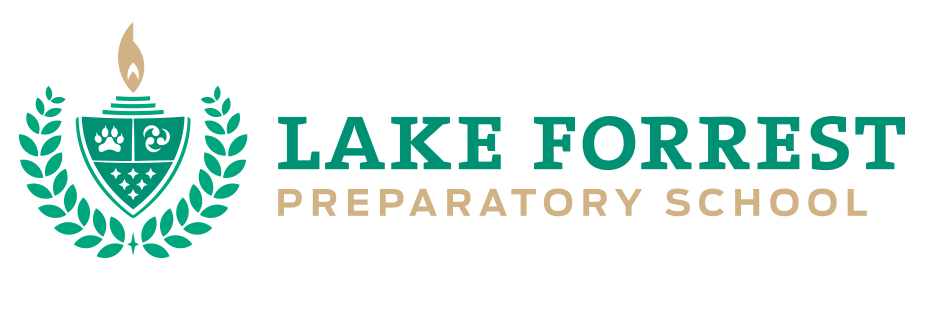Maintaining full control may feel like the most efficient way to manage a child’s day. Rules are followed, routines stay intact and everything seems to run smoothly. There’s a major downside to this approach, though. Always holding the reins may do more harm than good for your child’s growth. Learn how letting children make their own decisions can set them up for success.
Develops Critical Thinking and Problem-Solving Skills
Critical thinking and problem-solving are closely linked to decision-making. Effectively resolving an issue often requires identifying solutions, assessing them and making choices. As children develop, they learn to analyze information, compare options, make informed decisions, and resolve challenges. One of the easiest ways to practice these skills is through everyday experiences.
When appropriate, invite your child to be part of the decision-making process. If you have older children, describe a situation, and then ask them how they would approach it. Ask open-ended questions and discuss the pros and cons of each option they come up with. Keep in mind, the goal isn’t always to reach the “right” decision. Growth often happens when children are guided through imperfect choices and reflect on the outcomes.
Teaches Responsibility and Accountability
When children are given the freedom to make decisions, they begin to understand that their choices lead to various outcomes. This natural connection between action and consequence lays the foundation for responsibility. Whether it’s deciding how to manage their time, completing a task or following through on a commitment, children learn that their actions matter. With gentle guidance, they also begin to recognize when mistakes happen and how to learn from them.
Give your child meaningful, age-appropriate choices: what snack to pack, which chore to complete first or how to manage their homework time. They may make mistakes at first, but don’t rush to fix them. Instead, talk through what happened, why it happened, and how to handle it differently next time.
Promotes Long-Term Thinking
By thinking beyond immediate gratification, children learn to anticipate how today’s actions might affect tomorrow’s outcomes. This kind of forward-thinking lays the groundwork for stronger planning and more strategic decision-making. This is a key leadership skill that will serve them later in life.
Encourage your student to make a choice and walk through what might happen next. Ask, “If you do this, what could happen later?” or “What might this mean for tomorrow or next week?” Over time, they’ll begin to apply that mindset on their own.
Fosters Independence
Gaining independence is a key aspect of a child’s development, and giving children choices is an effective way to support their growth. Research shows that encouraging independence fosters self-confidence, resilience, problem-solving skills and overall mental health. While it may feel natural to help at every step, overreliance on parental guidance can prevent children from gaining experience and confidence. This can hinder their ability to develop into healthy, well-functioning adults capable of making decisions on their own.
From an early age, involve children in simple decisions like what to wear or what to play. Offer two or three options and praise their ability to make thoughtful choices. As they grow, encourage them to listen to different perspectives and consider their interests when deciding which clubs to join, subjects to study or activities to pursue. This practice helps them develop self-awareness and confidence in making more complex decisions down the road.
Improves Mental Wellbeing
Teaching children to make decisions goes beyond skill-building—it also nurtures their mental health. When children have the opportunity to choose, they develop a sense of control and self-sufficiency, which can reduce anxiety and stress. Decision-making strengthens resilience by helping children manage emotions and bounce back from setbacks. It also boosts self-esteem as children experience the positive outcomes of their choices.
Decision-making skills are essential for navigating daily life, building relationships and achieving academic success. At Lake Forrest Prep, a preparatory school in Orlando, these skills are integrated into the curriculum. By teaching students to reflect on their decisions and learn from mistakes, we help them grow into thoughtful individuals who approach challenges with confidence and integrity. Contact us today to schedule a tour.


